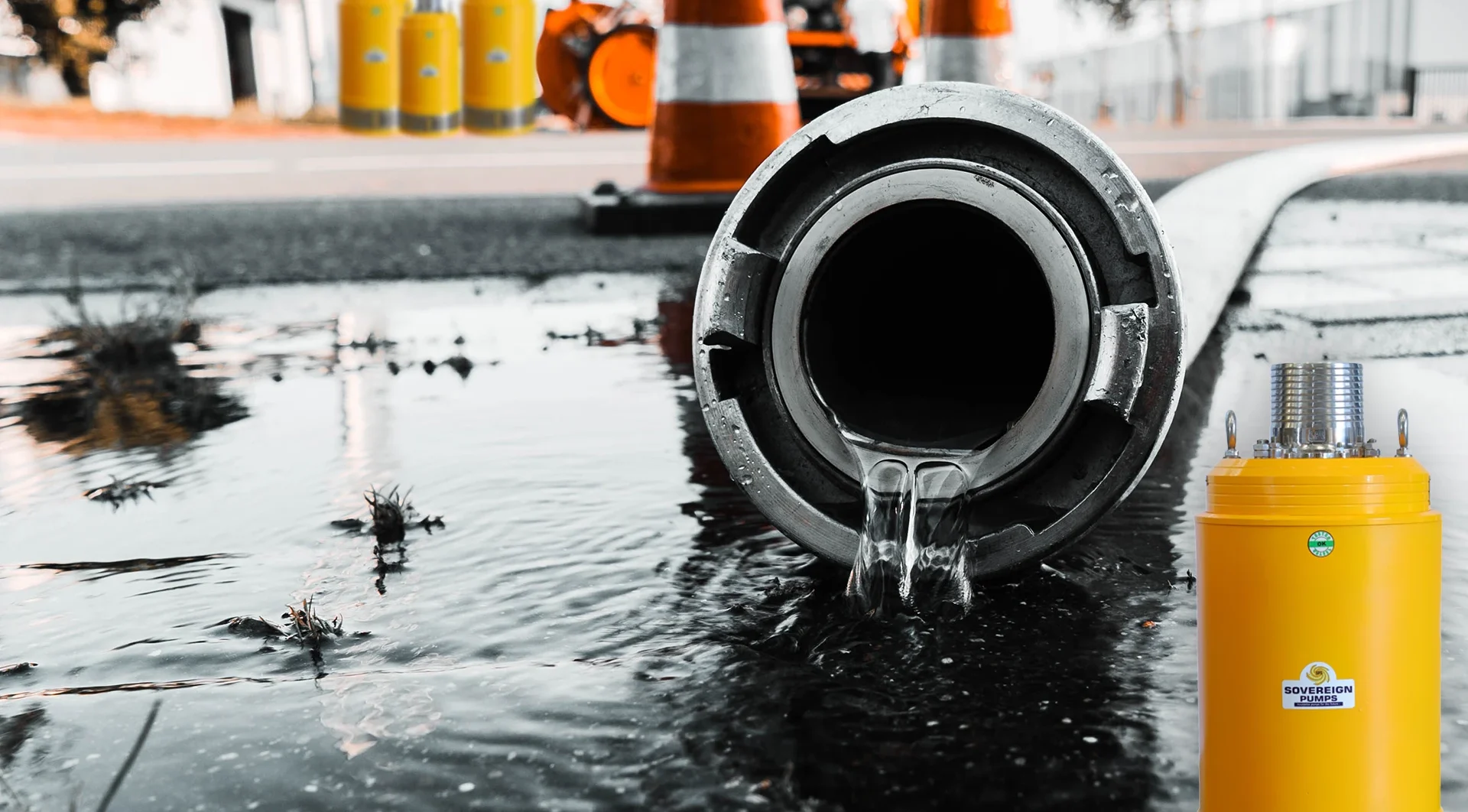Explanation of Dewatering and Its Importance
Dewatering, the process of removing water from solid material or soil, is a critical operation in various industries. Whether it’s construction, mining, agriculture, or wastewater treatment, managing water efficiently is essential to ensure smooth operations, maintain safety standards, and prevent environmental issues. Dewatering can involve techniques like pumping, evaporation, siphoning, or even using pressurized air. Its primary purpose is to provide dry, stable ground to work on, which is particularly important in construction sites to prevent water accumulation that can cause delays, safety hazards, and structural issues.
Various Industries Relying on Dewatering Pumps
- Construction: Construction sites often encounter groundwater or stormwater that needs to be managed. Dewatering pumps help keep the site dry, ensuring safe and effective construction processes. This is vital for laying foundations, building basements, and constructing tunnels.
- Mining: Mining operations require dewatering to manage water that accumulates in mines. Effective water removal ensures that mining activities can continue without interruptions, preventing water from damaging equipment or causing unsafe working conditions.
- Agriculture: In agriculture, dewatering helps manage excess water in fields, ensuring optimal growing conditions for crops. Proper water management prevents waterlogging, which can harm plant roots and reduce crop yields.
- Wastewater Treatment: Dewatering is a crucial step in wastewater treatment plants, where it helps in reducing the volume of sludge. Efficient water removal from sludge not only decreases disposal costs but also aids in converting waste into reusable products.
- Oil and Gas: The oil and gas industry uses dewatering pumps to manage water that is produced during drilling and extraction processes. Proper dewatering ensures that operations remain efficient and environmentally compliant.
Submersible Dewatering Pumps: Efficiency and Versatility
Detailed Look at Submersible Dewatering Pumps
Submersible dewatering pumps are designed to operate underwater, making them ideal for various dewatering tasks in challenging environments. These pumps are hermetically sealed and feature a motor that is close-coupled to the pump body, allowing the entire assembly to be submerged in the fluid to be pumped. This design ensures that the pumps are not only efficient but also capable of handling large volumes of water quickly.
Key Benefits and Applications
- High Efficiency: Submersible dewatering pumps are known for their high efficiency. They can handle high flow rates and pump water quickly, reducing downtime and improving productivity in industries like construction and mining.
- Versatility: These pumps can be used in a wide range of applications, from dewatering construction sites to removing water from flooded areas. Their ability to operate underwater makes them suitable for diverse conditions, including deep wells and underwater construction.
- Robust Design: Built to withstand harsh environments, submersible dewatering pumps are typically made from durable materials like stainless steel and cast iron. This makes them resistant to corrosion and wear, ensuring a long service life even in abrasive conditions.
- Space-Saving: Since they operate underwater, submersible pumps do not require much space on the surface. This is particularly advantageous in confined spaces or areas where surface equipment might be obstructive.
- Noise Reduction: Operating underwater, these pumps produce less noise compared to surface pumps. This makes them ideal for use in residential areas or locations where noise pollution is a concern.
Benefits of Renting Dewatering Pumps
- Cost-Effective: Renting dewatering pumps can be more cost-effective than purchasing, especially for short-term projects. It eliminates the need for a significant upfront investment and reduces maintenance and storage costs.
- Access to the Latest Technology: Rental companies often provide the latest models and technologies in dewatering pumps. This ensures that users have access to the most efficient and effective equipment without the need for constant upgrades.
- Flexibility: Renting allows businesses to choose the right pump for each specific job, ensuring optimal performance. It provides the flexibility to scale up or down based on project needs without the burden of owning multiple pumps.
- Maintenance and Support: Rental agreements often include maintenance and support services. This means that if a pump fails or needs servicing, the rental company will handle repairs or replacements, reducing downtime and ensuring continuous operation.
- Reduced Storage Needs: After the project is completed, rental pumps are returned, eliminating the need for long-term storage. This is beneficial for businesses with limited storage space or those that do not have continuous dewatering needs.
In conclusion, dewatering pumps play a crucial role in various industries, ensuring efficient water management and supporting smooth operations. Submersible dewatering pumps, with their efficiency, versatility, and robust design, are particularly valuable in challenging environments. Renting dewatering pumps offers numerous benefits, including cost savings, access to advanced technology, and flexible, hassle-free solutions for managing water removal needs.
